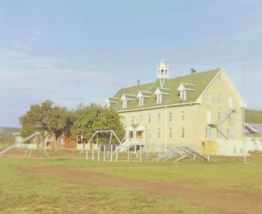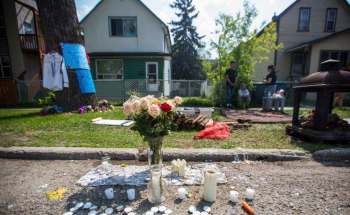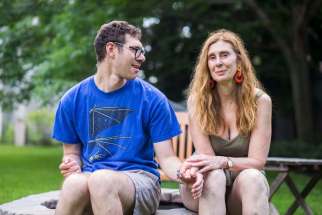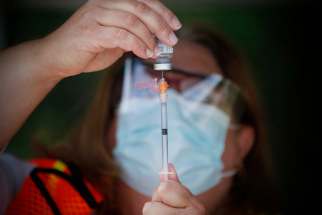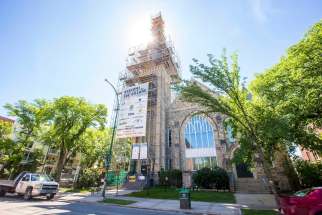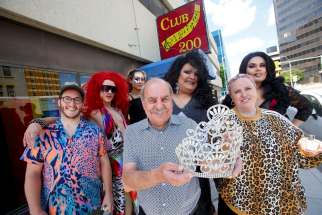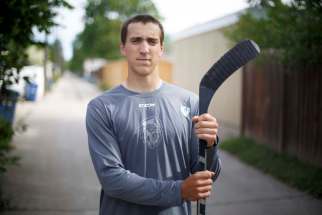Sombre, truthful Canada Day history lesson
Read this article for free:
or
Already have an account? Log in here »
To continue reading, please subscribe:
Monthly Digital Subscription
$0 for the first 4 weeks*
- Enjoy unlimited reading on winnipegfreepress.com
- Read the E-Edition, our digital replica newspaper
- Access News Break, our award-winning app
- Play interactive puzzles
*No charge for 4 weeks then price increases to the regular rate of $19.00 plus GST every four weeks. Offer available to new and qualified returning subscribers only. Cancel any time.
Monthly Digital Subscription
$4.75/week*
- Enjoy unlimited reading on winnipegfreepress.com
- Read the E-Edition, our digital replica newspaper
- Access News Break, our award-winning app
- Play interactive puzzles
*Billed as $19 plus GST every four weeks. Cancel any time.
To continue reading, please subscribe:
Add Free Press access to your Brandon Sun subscription for only an additional
$1 for the first 4 weeks*
*Your next subscription payment will increase by $1.00 and you will be charged $16.99 plus GST for four weeks. After four weeks, your payment will increase to $23.99 plus GST every four weeks.
Read unlimited articles for free today:
or
Already have an account? Log in here »
Hey there, time traveller!
This article was published 24/06/2021 (1631 days ago), so information in it may no longer be current.
Canada will soon celebrate its 154th birthday. This year, however, will be different.
There won’t be fireworks, downtown parties, and maple syrupy sweet songs of pioneers, golden goals, and multiculturalism. Not just because of the COVID-19 pandemic, but for a bigger reason, something far more important.
This year there will be talk of residential schools, land theft, and an Indian Act that will not go away.
For most Canadians, this will be a radical, new story; something they are not prepared for. Some will be in shock and tears. Others will say, “This has nothing to do with me.” A few will simply try to ignore it altogether.
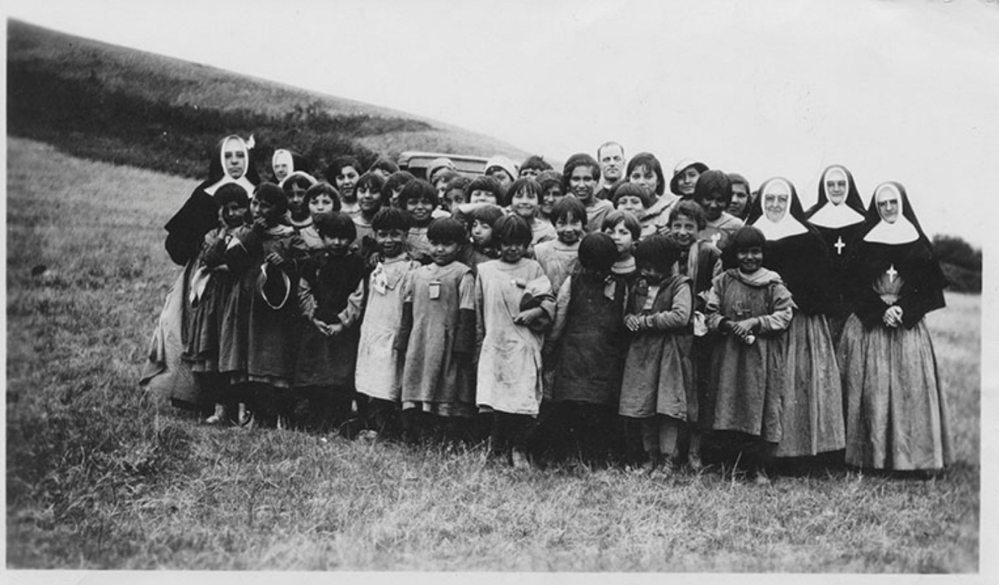
All are a sign Canada has sold Canadians a one-dimensional, biased, and boring story for 154 years.
It’s also partly a lie; a story about an empty land of inferior savages “discovered” and tamed by superior settlers, who rose to glory due to God’s intention.
This story will fall apart as it’s interrupted by testimonies about murdered and missing Indigenous women, girls, and two-spirit peoples, an overwhelming amount of Indigenous children in care, and communities that have tainted water, mouldy homes, and lands flooded out yearly.
These will expose most of Canada’s “heroes,” whose names adorn buildings and statues, got to be honoured due to atrocities committed against Indigenous peoples.
Canadians will be asked whether they want to celebrate them and what they stood for. Hopefully, a real definition of heroism will emerge as a result.
In the end — whenever that is, 154 years is a long time to retell — the most accurate story in Canadian history will emerge.
It will be a story that will show, for 154 years, Indigenous peoples — and particularly their children — haven’t mattered.

This was proven as late as last week, when the federal government took Indigenous children to court yet again to fight the compensation ordered by the Canadian Human Rights Tribunal for their mistreatment and neglect.
For the first time in 154 years, new chapters — already well-written and told by Indigenous peoples for more than a century-and-a-half — will come to the surface.
By the end, there will be one universal truth — whether Canadians are ready to hear it or not.
Canada is a country built on genocide against Indigenous peoples yesterday, today, and likely, tomorrow, too — unless something is done.
That’s the only conclusion when the unmarked gravesites of hundreds of children are found in places like Kamloops, B.C., Brandon, and Cowessess First Nation in Saskatchewan.
That’s the only conclusion when Canadians found out, in the 1960s, Catholic leaders reportedly removed headstones off the graves of children linked to the Marieval Indian Residential School, some 160 kilometres east of Regina.
That’s the only conclusion when a country commits crimes, with thousands more yet to be uncovered.
Since the Truth and Reconciliation Commission of Canada’s final report was tabled in 2015, it’s been well-documented Indigenous children were abused, assaulted, and even murdered in residential schools.
Over six volumes, any Canadian can read how the churches starved children and ran unsafe, unsanitary institutions rife with sickness. Children ran away from these schools, only to be forcibly returned by farmers, police, and everyday Canadians or, worse yet, had their bodies found and sent back.
The TRC also documented the many crimes that took place in the schools; neglect, abuse, and murder that implicated clergy, staff, and every single person who interacted with the schools.
The past four weeks, another truth has been laid bare: crimes have been covered up.
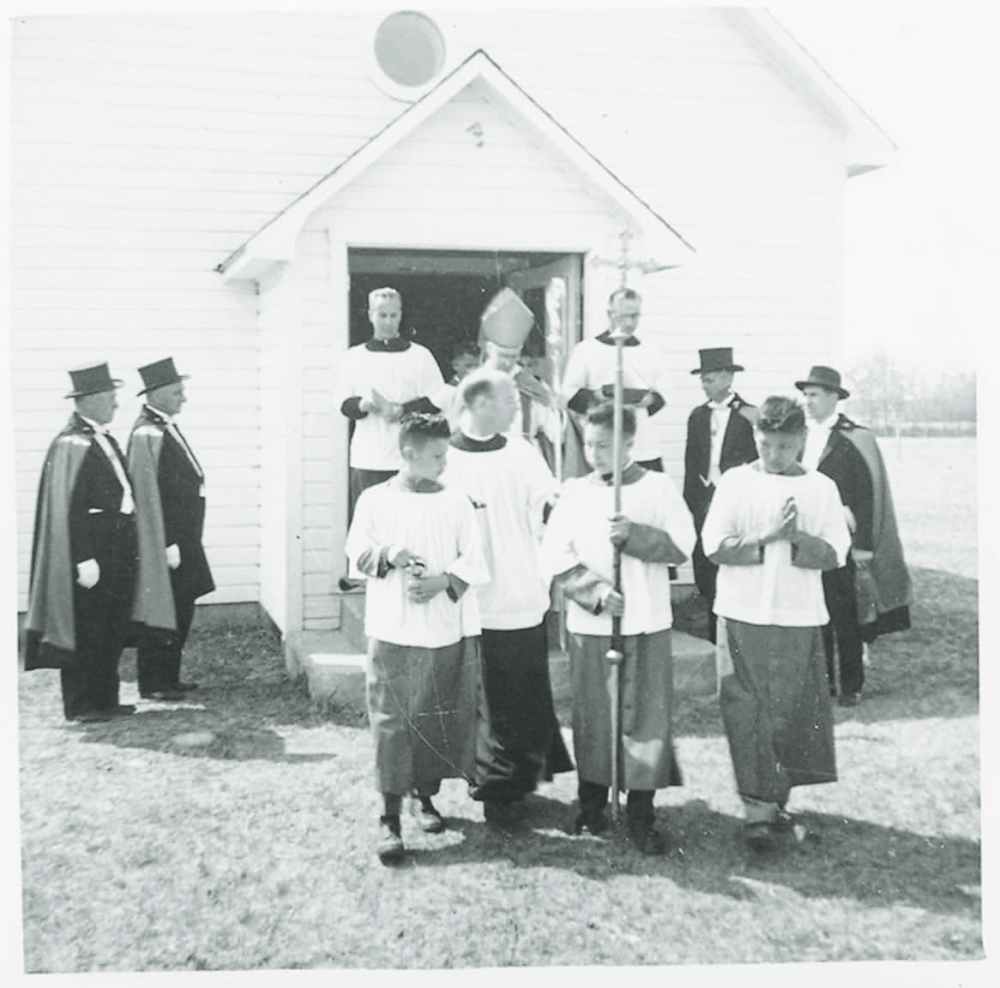
The one point the TRC struggled to make — and the one, singular argument people who say residential schools were “good” hold on to, with all their might — was those who ran the schools had nothing but good intentions; to educate Indigenous children, above all else.
The conscious removal of headstones — whether by lack of care or a planned removal — constitutes a clear awareness by residential school officials what was happening was wrong.
The Canadian government, which funded many such schools, either didn’t know and didn’t bother to see what was happening or, worse, knew and didn’t care. Either shows a gross negligence on behalf of all Canadians.
In other words: a crime.
This year, in many circles, Canada Day should — and must — be cancelled. There are simply no possibility for real, honest conversations in spaces led by immature and unprepared leaders invested in continuing violence.
In some places, however, Canada Day should continue, but be held in a space where a simple fact is talked about: it’s not just maple syrup on the flag, but blood, too.
A sombre, truthful, and real discussion needs to happen. It’s just too bad it took 154 years to get here.
But, if it happens, it will result in the best Canada Day yet.
niigaan.sinclair@freepress.mb.ca

Niigaan Sinclair is Anishinaabe and is a columnist at the Winnipeg Free Press.
Our newsroom depends on a growing audience of readers to power our journalism. If you are not a paid reader, please consider becoming a subscriber.
Our newsroom depends on its audience of readers to power our journalism. Thank you for your support.




